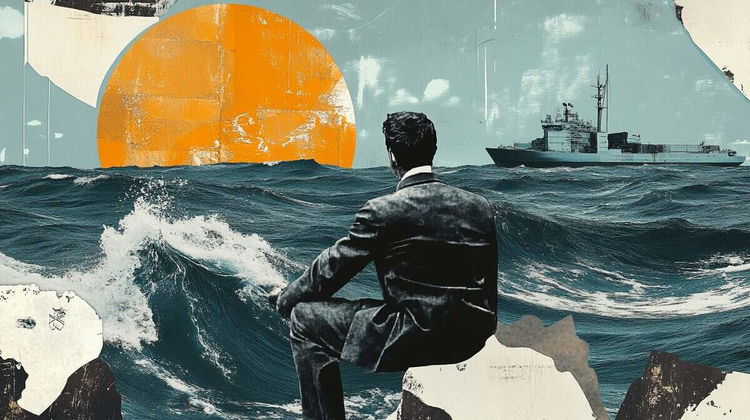
A Changing Europe: Strategic Autonomy and Security in 2025 and Beyond
Strategic autonomy, internal divisions, and external threats: Can the EU adapt and lead in an era of profound change?
Social Europe is an award-winning digital media publisher driven by the core values of freedom, sustainability, and equality. These principles guide our exploration of society’s most pressing challenges. This archive page curates Social Europe articles focused on political issues, offering a rich resource for innovative thinking and informed debate.

Strategic autonomy, internal divisions, and external threats: Can the EU adapt and lead in an era of profound change?
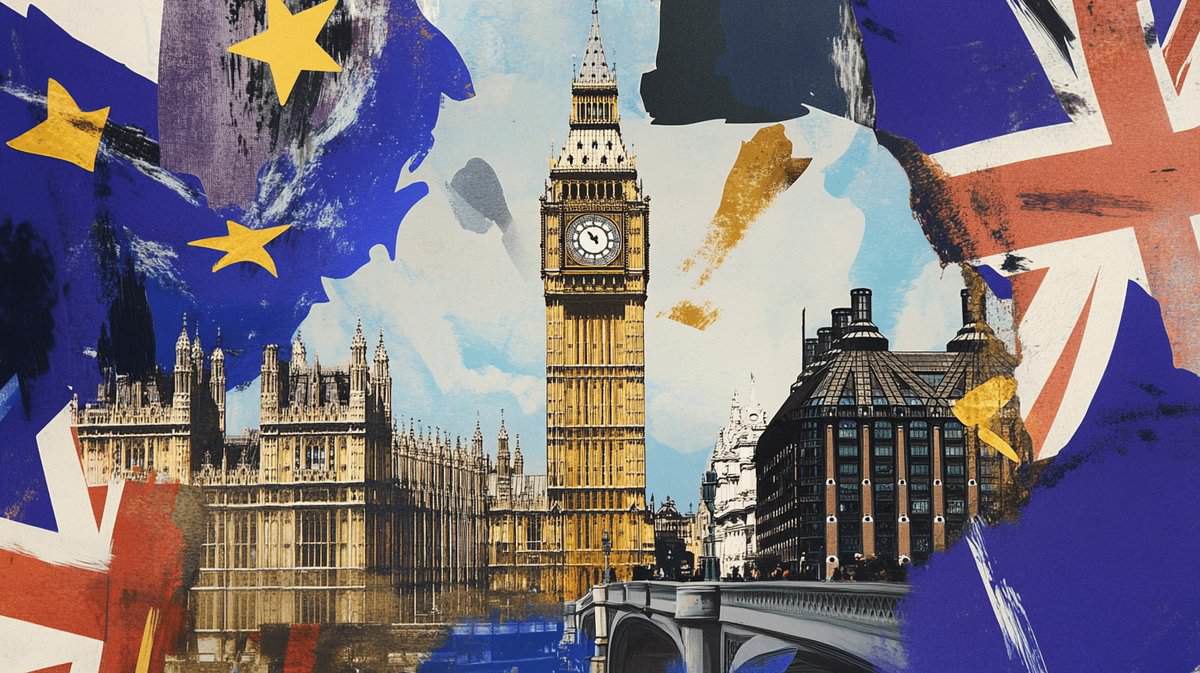
Every UK poll now shows a majority longing to rejoin the EU – but can Britain overcome its Brexit scars?
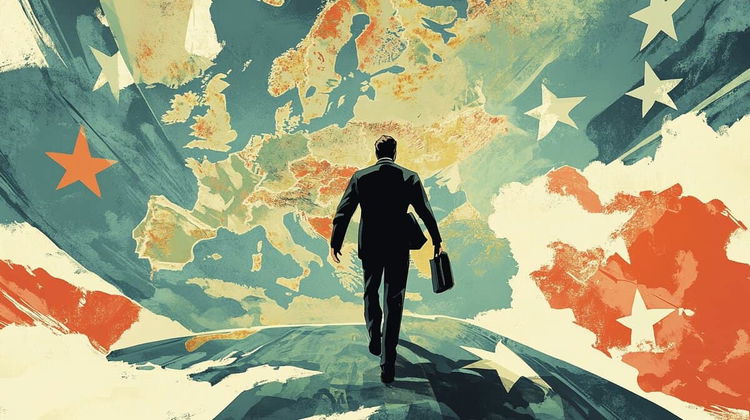
The EU faces immense geopolitical and economic challenges in a multipolar world.
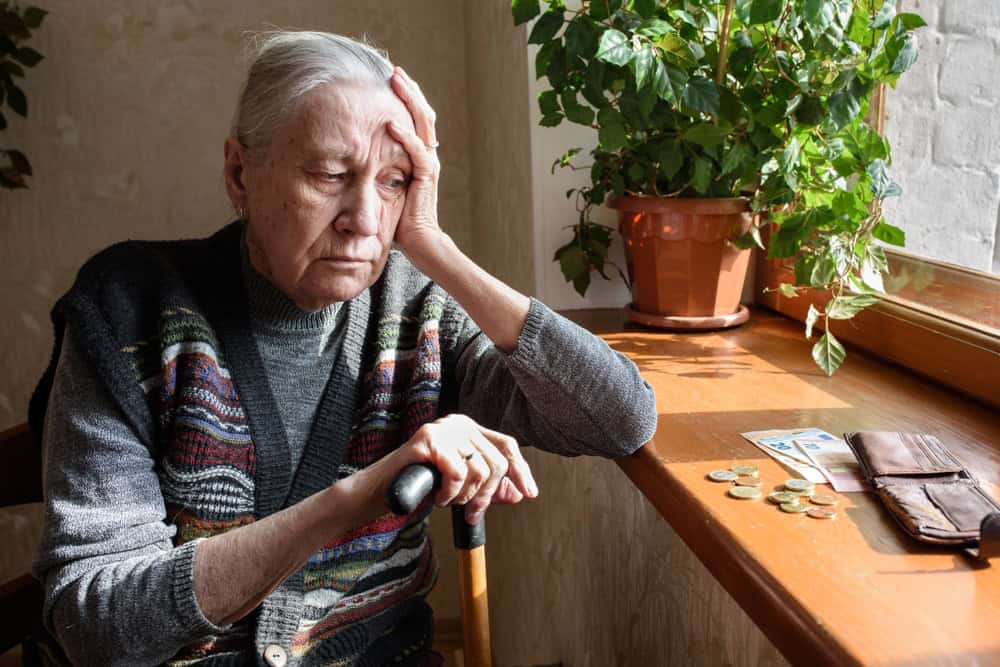
Today, on 13th of January 2025, Belgian trade unions demonstrate in Brussels against austerity measures.
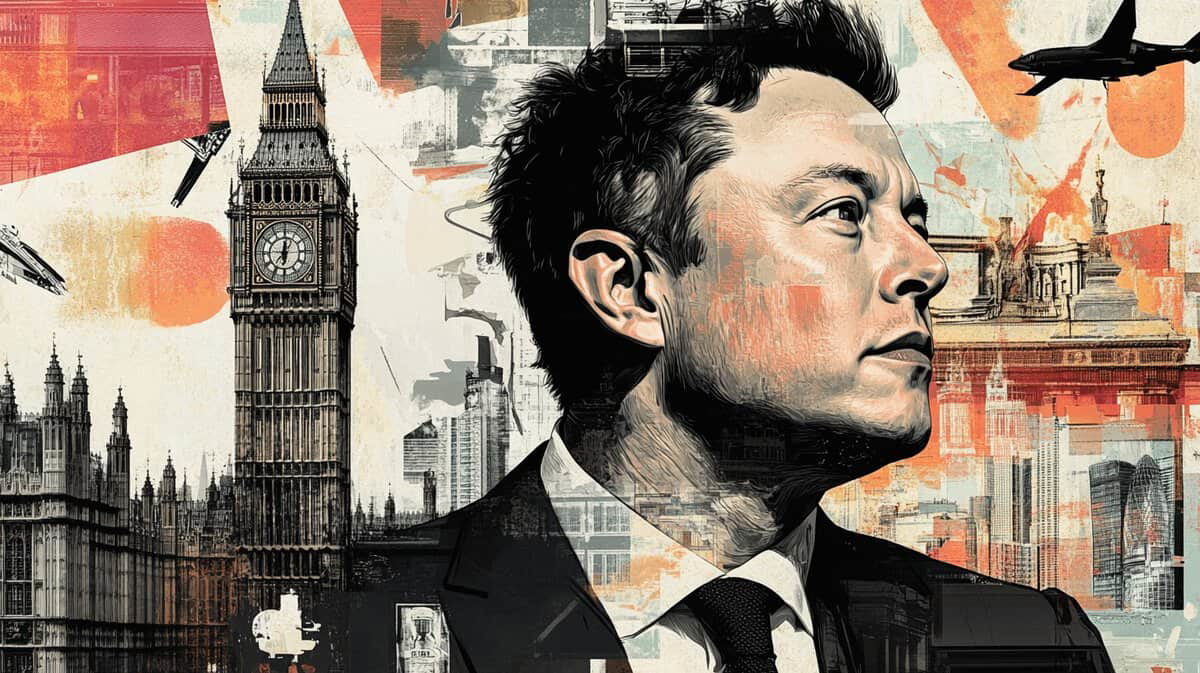
Keir Starmer’s government finds itself on the frontline of a global power struggle.
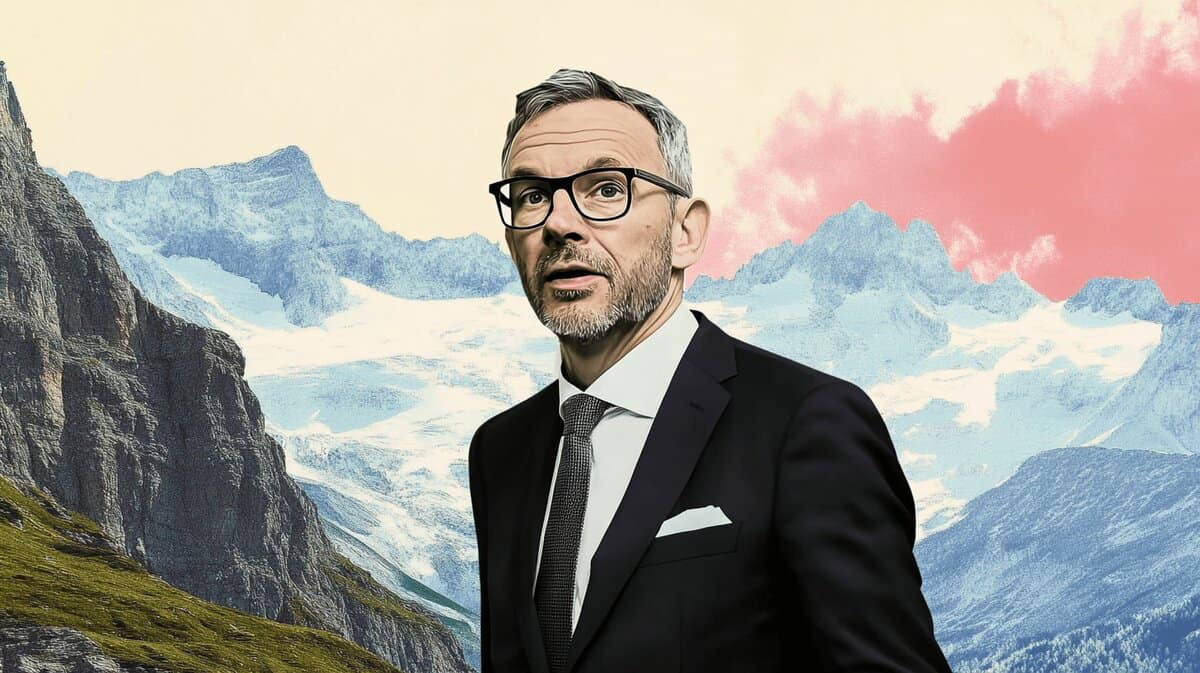
The Austrian far-right FPÖ’s likely return to government raises concerns about the erosion of liberal democracy.

Rather than a ‘burden on the taxpayer’, the welfare state should be understood in normative terms as productive social investment.
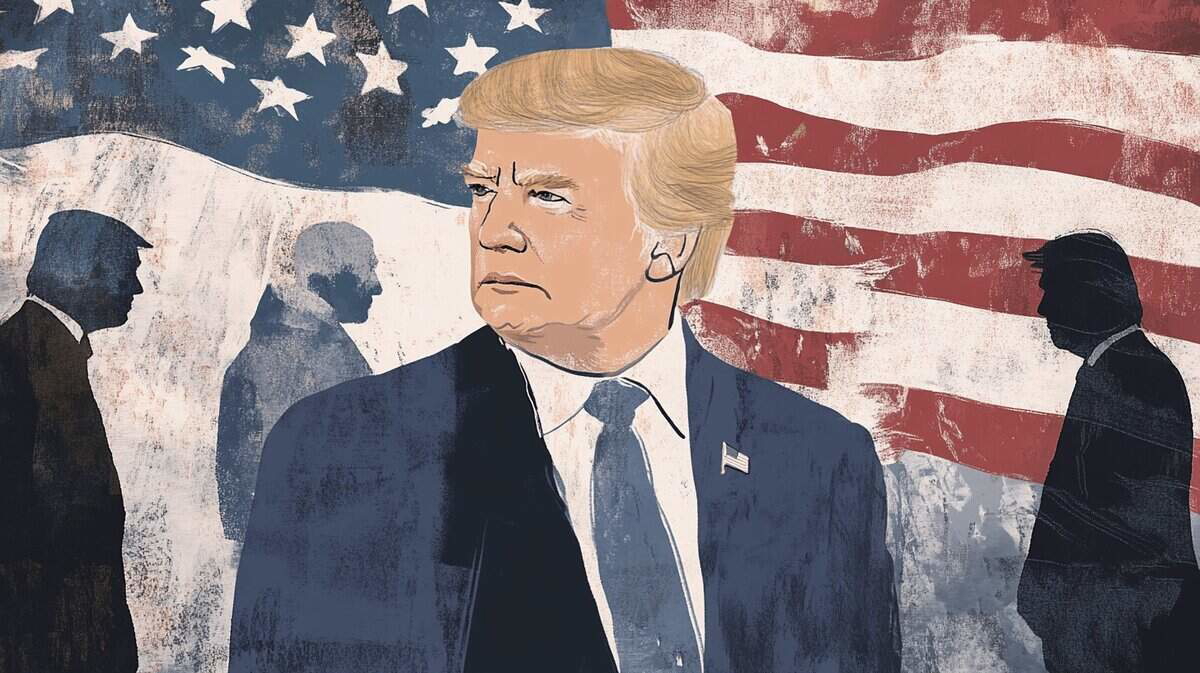
Trump’s return promises bold rhetoric but faces stark economic and global challenges.
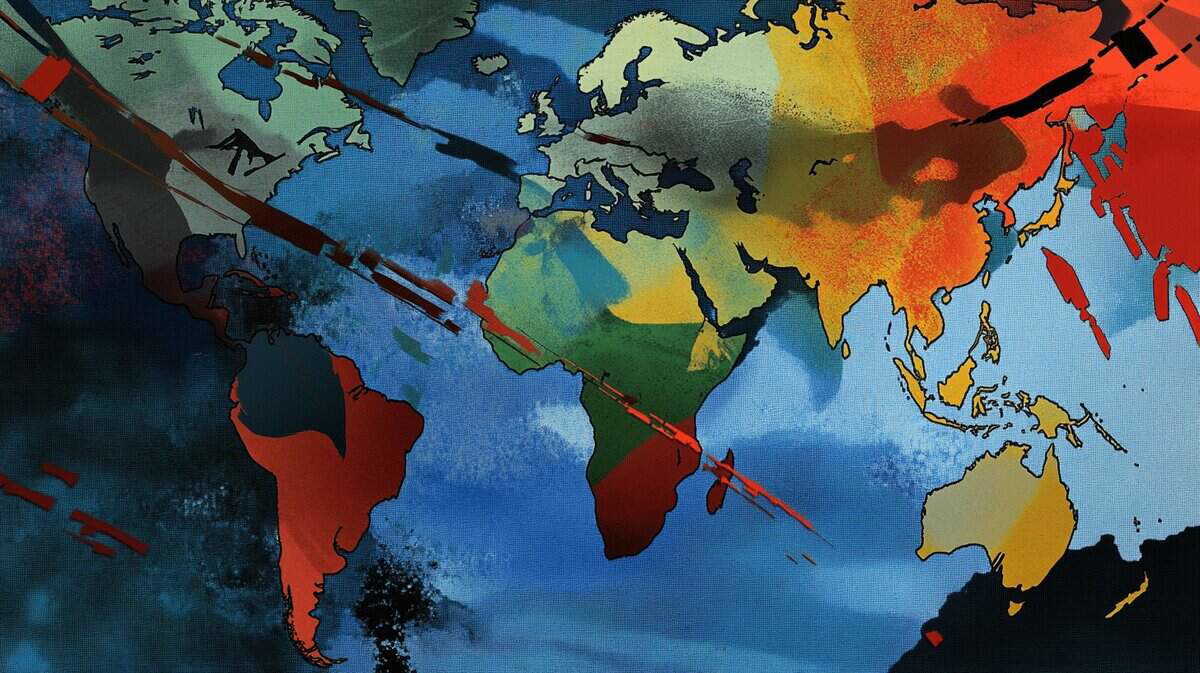
How the EU must act to survive mounting global threats.
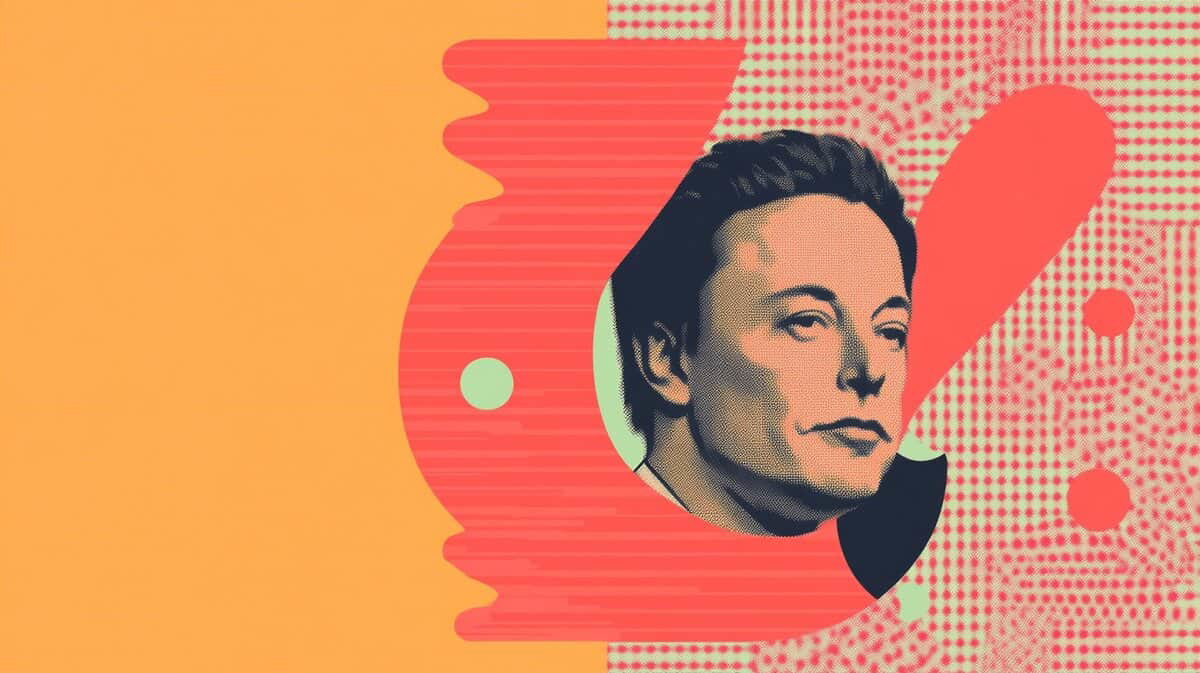
Elon Musk’s bid to “reinvent” government through Trump’s advisory DOGE commission will likely be a meme-worthy spectacle.
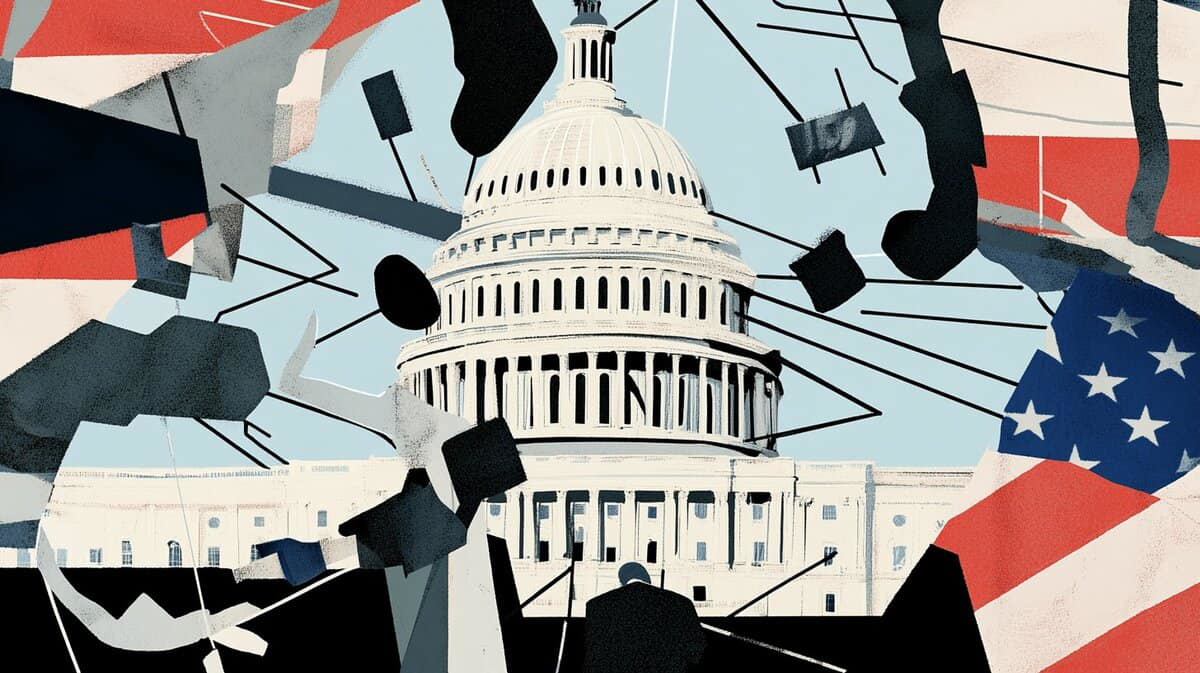
Democrats must offer more than opposition—they need a bold vision for economic and political renewal.

Progressives face the urgent challenge of defending democracy without reinforcing the very divisions that fuel its decline.
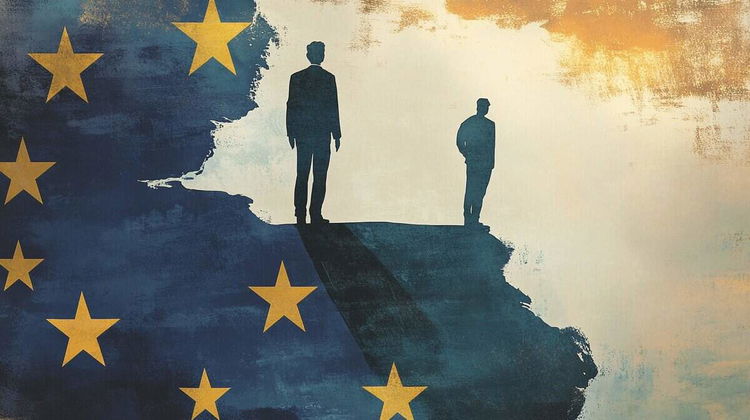
Grand promises of a “strong social Europe” have given way to a sidelined agenda.
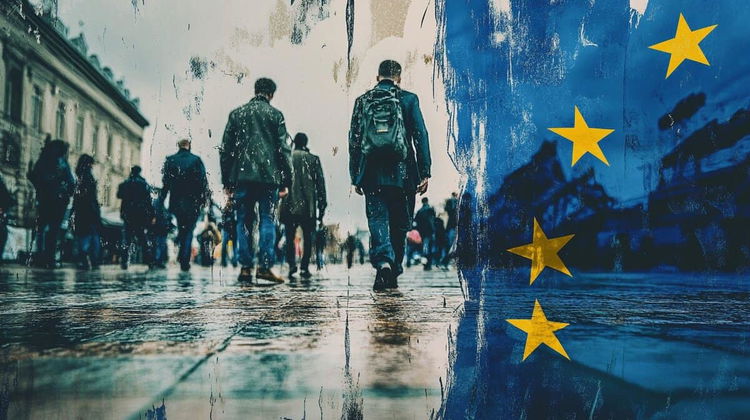
The EU faces mounting pressure to address economic, security, and climate challenges.
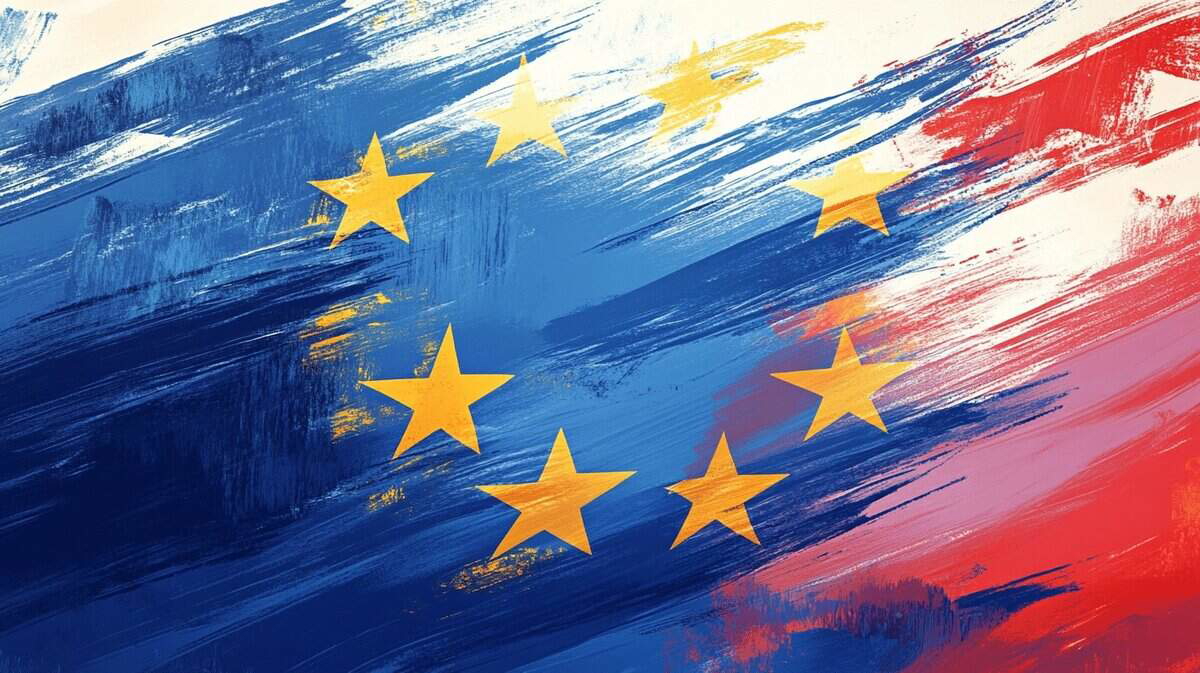
Europeans are torn between fearing the vulnerabilities of American decline and seeing in it a chance to assert their own autonomy.